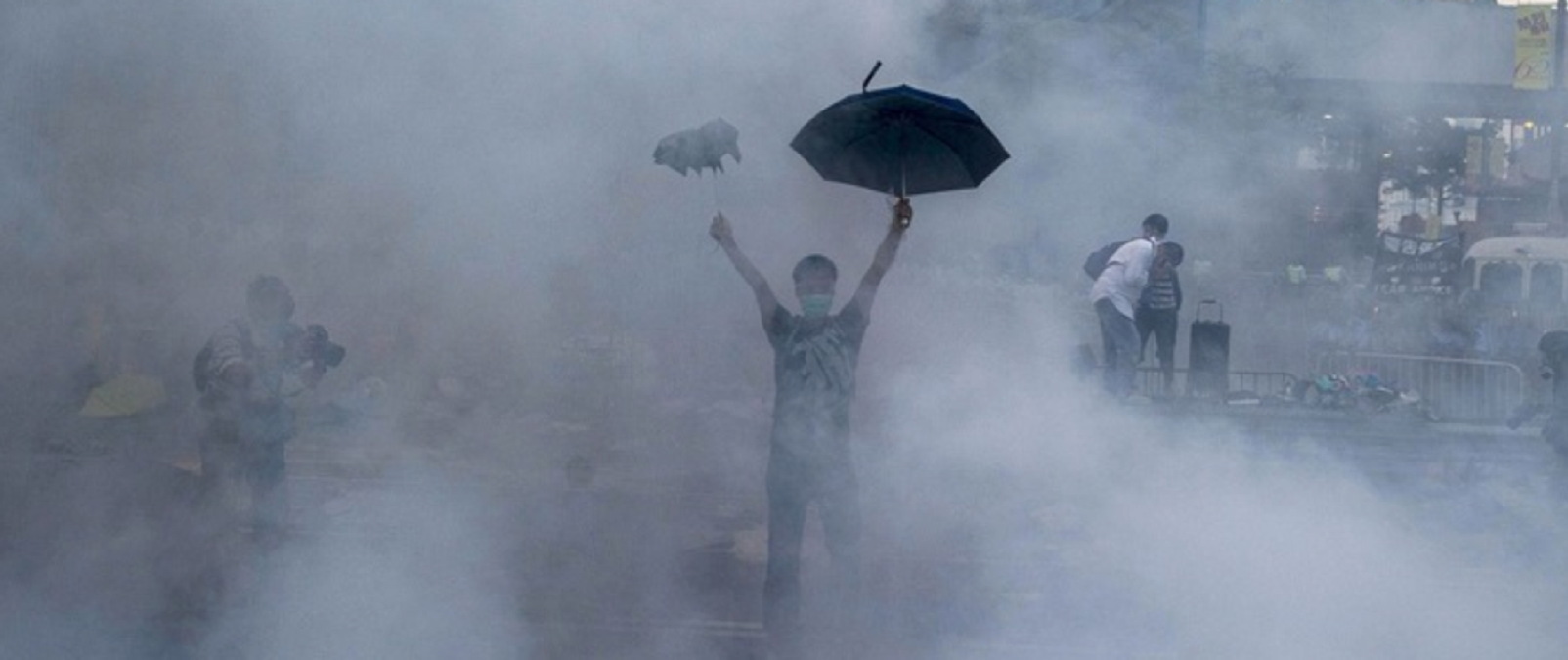What Happens After Movement-Backed Politicians Take Office
As the “co-governance” model gains traction, here’s a look into the promises and pitfalls—and how organizers are reimagining electoral politics.

An explosive new book from authors Mark and Paul Engler on how nonviolent revolt is shaping the twenty-first century. Now available at booksellers everywhere!

that truly transformational, even revolutionary
change might be possible... in our lifetimes (but
who wonder what strategies or tactics could
possibly achieve a monumental shift in
consciousness), this book is for you."
—Michelle Alexander, author of The New Jim Crow

[It] puts a name on . . . a powerful method for
making real change fast. And real change fast is
in fact what our world requires."
—Bill McKibben, author and co-founder of 350.org

[The authors] brilliantly illuminate the debates
between advocates of mass mobilization, organization
building, nonviolence, and disruption."
—Frances Fox Piven, author of Poor People’s Movements
As the “co-governance” model gains traction, here’s a look into the promises and pitfalls—and how organizers are reimagining electoral politics.
Political scientists Frances Fox Piven and Daniel Schlozman have debated whether movements do better to put pressure on political parties from the outside, or to focus on gaining insider power themselves.
Daniel Schlozman argues that, by becoming “anchor groups” within mainstream political parties, movements can secure lasting influence. But is entry into a party worth the price of admission?
How social movements are employing the concept of the “non-reformist reform” to promote far-reaching change.
On the history of the “non-reformist reform.”
In spite of the rising popularity of concepts such as the “Overton Window,” the importance of grassroots organizing is still being underestimated.
The great theorist of disruptive power explains the concept of “dissensus” and how social movements prod elected officials into action by taking controversial stands.
In claiming the goal of “realignment,” groups such as Sunrise and Justice Democrats are reviving an old idea, with hopes of provoking new political transformations.
Politicians fear the disruptive power of a mobilized base, even when it helps them succeed.
Smart organizing during whirlwind moments seeds the ground for new waves of action in the future.
